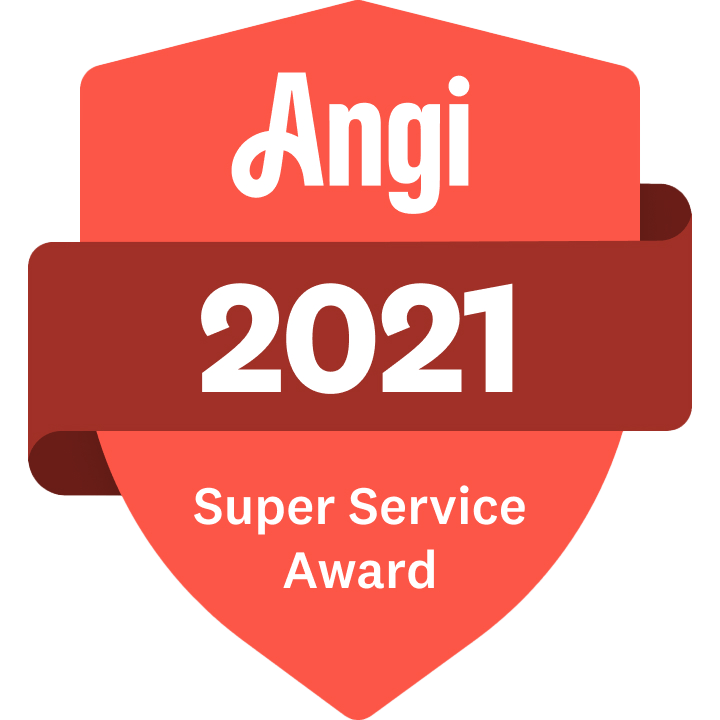Soft Washing Playgrounds and Recreational Areas for Health and Safety
What Is Soft Washing?
Soft washing is a cleaning method that uses low-pressure water combined with safe, biodegradable solutions to remove dirt, grime, mold, and bacteria. Unlike power washing, it won’t damage surfaces like rubber, plastic, or painted wood. This makes it ideal for delicate equipment found in playgrounds and public recreational spaces. It’s gentle but effective, cleaning deeply without harsh force. That balance is key for preserving both safety and aesthetics.
Why Health and Safety Matter in Play Areas
Kids touch everything—and then touch their faces—so unclean surfaces can quickly spread germs. Mold, mildew, algae, and bacteria thrive in outdoor environments, especially in shaded or damp areas. Left untreated, these can cause respiratory issues, skin irritations, or allergic reactions. Regular soft washing reduces health risks and keeps play areas safer for children. It’s one of the easiest ways to promote public health in shared spaces.
Preventing Slips and Falls
Grimy surfaces aren’t just dirty—they’re dangerous. Algae and mildew create slippery conditions on playground flooring, ramps, and walking paths. Soft washing removes this buildup, improving traction and helping prevent falls. This is especially important on rubber mats, plastic slides, and painted concrete that kids run across daily. A cleaner surface is a safer surface.
Protecting Equipment and Surfaces
Playground equipment is a big investment for communities and schools, so it’s important to protect it. Dirt, grime, and organic growth can degrade paint, rust metal, and weaken plastic over time. Soft washing extends the life of this equipment by cleaning without causing wear and tear. It’s a proactive step that helps avoid expensive repairs or early replacements. Plus, it keeps everything looking bright and welcoming.
Environmental and Kid-Safe Cleaning
Soft washing uses eco-friendly and non-toxic cleaning agents, making it a smart choice for places where kids and pets play. Harsh chemicals and high-pressure methods can leave behind residues or even cause surface damage. By choosing soft washing, communities ensure a gentle yet thorough clean that’s safe for both people and the planet. It’s a responsible approach that aligns with health standards and environmental values.
How Often Should Playgrounds Be Soft Washed?
For best results, playgrounds and recreational areas should be soft washed at least twice a year—or more often in humid climates. High-traffic spaces may need more frequent attention to keep grime and bacteria in check. A routine cleaning schedule helps maintain safety standards and reduces long-term wear. It also reassures parents and visitors that the space is cared for and safe. Regular maintenance is the easiest way to keep these spaces fun and worry-free. If you have further questions, please contact us here.



